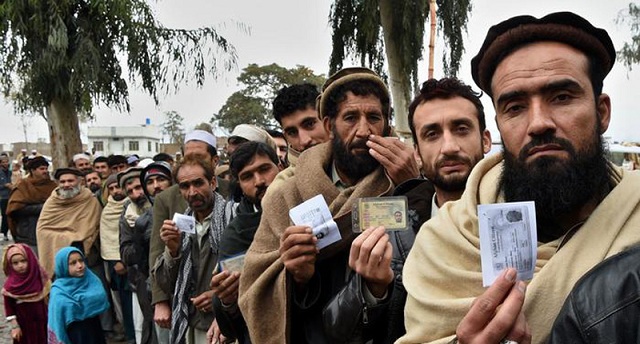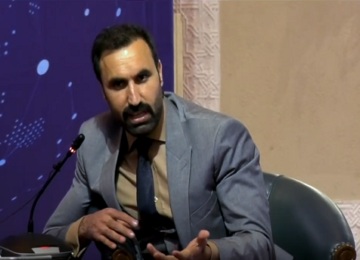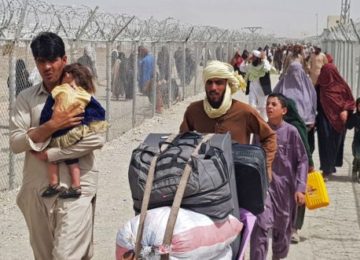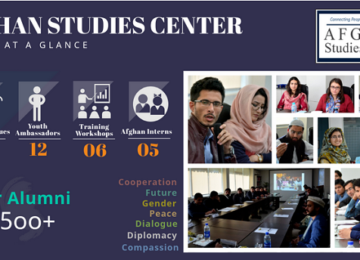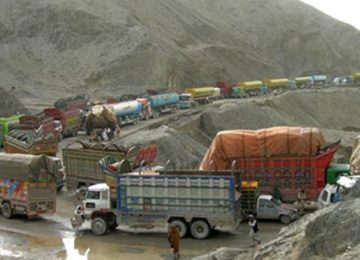June 17, 2019
Pakistan hosted the 6th meeting of Quadripatriate Steering Committee – between Afghanistan, Iran, Pakistan and UNHCR, on June 17 to carve out a workable strategy for the voluntary repatriation of Afghan refugees in Islamabad. The meeting took place between SAFRON Minister Shehryar Khan Afridi, Afghan Minister of Refugees H.E. Muhammad Hussain Balkhi, Iranian Deputy Minister for Interior Hossein Zolfaghari, and Indrika Ratwatte, Director of the Bureau for Asia and the Pacific, UNHCR Geneva, Switzerland. SAFRON Minister stated that where the world has been closing the door on refugees, Pakistan and Iran have been hosting Afghan refugees for the last 40 years.
On average, at any given point in time, Pakistan has hosted 3 million Afghans throughout the last four decades – the largest protracted presence of refugees anywhere on record, according to Foreign Office Additional Secretary Muhammad Aejaz in a meeting of the working group in November last year. In 2016, at least 606,905 registered and undocumented refugees repatriated to Afghanistan from Pakistan, according to figures from the UN High Commissioner for Refugees. In 2017, around 60,000 registered and 100,000 undocumented refugees returned from Pakistan. Thousands others skipped documentation fearing deportation, Pakistani and Afghan officials say. Despite the voluntary return of 4.4 million Afghan refugees since 2002, Pakistan continues to host millions of Afghans.
Pakistani and UNHCR officials say that repatriation of the refugees has slowed down in view of the insecurity in Afghanistan. Lack of facilities for the returnees is also cited as another reason for reluctance of the refugees’ return.
Earlier on June 10, Pakistan and Afghanistan held the first review session of the Afghanistan-Pakistan Action Plan for Peace and Solidarity (APAPPS) in Islamabad between high-level delegations, with Afghan side headed by Afghan Deputy Foreign Minister Idrees Zaman and Pakistani side by Foreign Secretary, Sohail Mahmood. The two sides focused on improving collaboration in agreed areas of cooperation, including political and diplomatic issues and matters pertaining to economy and trade, military and intelligence cooperation and, particularly, refugee repatriation.
Amongst the various working groups under the framework of APAPPS, Pakistan and Afghanistan have a bilateral working group on refugees’ return and reintegration. Under the framework, the two countries maintain the aim of working on a dignified, time-bound and complete return of all Afghans to their homeland. The last meeting between the two was held in Islamabad in November last year.
Put together with great enthusiasm in May last year, APAPPS had not progressed much over the past year and the engagements under the process came to a halt after few meetings because of sharp uptick in Taliban violence. However, the recent meeting bodes well for the way forward towards better and stronger ties by overcoming their mutual issues.
Afghan Foreign Minister’s visit comes ahead of President Ghani’s upcoming visit to Pakistan on June 27, which would be President’s third. Ghani first came to Pakistan in November 2014 soon after his election — a visit that created a lot of hope for renewal of ties — and then in December 2015 for the “Heart of Asia” meeting.



